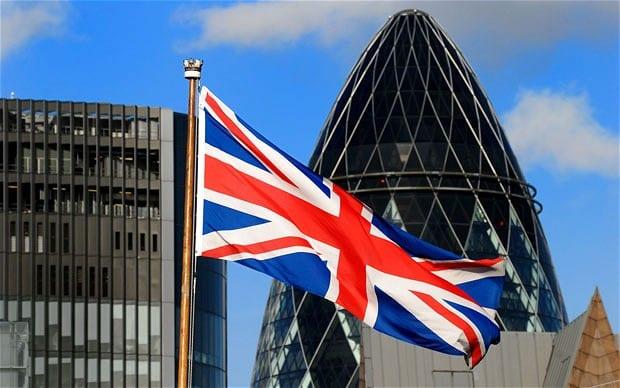LONDON, March 9 (Xinhua) -- The financial crisis and its aftermath has led British government since 2010 to cut government spending, and in the wake of the government's budget on Wednesday further reductions in spending beyond 2020 are inevitable, according to an economic think-tank.
"It looks like being a third parliament of austerity," Paul Johnson, Institute for Fiscal Studies (IFS) director, said in a post-budget briefing in London on Thursday afternoon.
The government budget is based on Office of Budget Responsibility (OBR) figures, whose director Richard Chote on Wednesday announced the biggest ever revision to forecasts between autumn and spring, revising down its expectations for government borrowing in this financial year from 68 billion pounds (82.8 billion U.S. dollars) to 52 billion pounds.
Johnson commented on Thursday that the forecasts for the next four financial years beyond 2016/17 told a different story.
They were almost exactly the same at this spring budget by Chancellor of the Exchequer Philip Hammond as they were in his autumn financial statement in November. Government borrowing continues to fall over this period but at no faster rate, and from the same levels as forecast in November. In other words, the strong positive move downwards for government borrowing in 2016/17 is not a permanent structural change but a temporary one which will not be repeated.




 A single purchase
A single purchase









